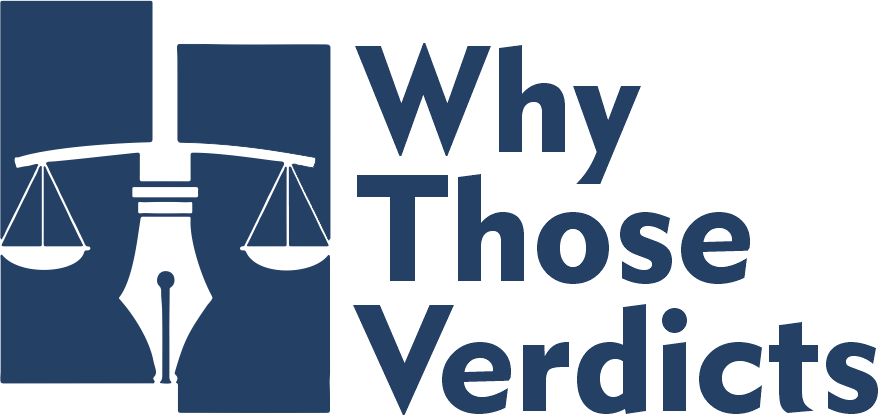Could've Micheal Jackson's death been prevented if his personal physician wasn't negligent?
The Death of Micheal Jackson
On the morning of June 25, 2009, pop singer Micheal Jackson didn't come out of his bedroom after going to sleep the night earlier. Jackson's physician, Dr. Conrad Murray, entered the room to find Jackson lying on his bed, unresponsive. Dr. Murray stated that Jackson was not breathing, with a weak pulse, but he was still warm. Dr. Murray then administered a non-traditional version of CPR for about 5-10 minutes. At this point, Murray realized it was necessary to call 9-1-1, but in testimony, he stated that he was hindered because there was no landline telephone in the house. He also said that he could not use his cell phone to call 9-1-1 because he did not know the exact address. Murray then ran downstairs and told a chef to bring security to the room. Murray's lawyer stated that at least 30 minutes passed before security made the phone call to the paramedics. According to the LAFD, the 9-1-1 call came in at 12:21 p.m. Paramedics arrived at the Jackson estate and began assisting him at 12:26 p.m. When paramedics arrived, he was still not breathing. Paramedics performed CPR for 42 minutes at the estate. Dr. Murray's attorney stated that Jackson had a pulse when he was taken out of the house and put in the ambulance. This account contradicted that of an LAFD officer who said that the paramedics found Jackson in "full cardiac arrest," and he remained in this state throughout the ambulance ride to the hospital. The ambulance arrived at Ronald Reagan UCLA Medical Center at approximately 1:14 p.m, where a team of medical personnel attempted to resuscitate him for more than an hour but were unsuccessful. Micheal Jackson was pronounced dead at 2:26 p.m. at age 50. On August 28, 2009, the Los Angeles County coroner classified Jackson's death as a homicide even though foul play was not suspected, determining that Jackson died from combined drug intoxication, with the most potent drugs being the anesthetic propofol and the anxiolytic lorazepam, and less effective drugs found in Jackson's body being midazolam, diazepam, lidocaine, and ephedrine. After further investigations, the DA filed charges of involuntary manslaughter against Dr. Conrad Murray.

